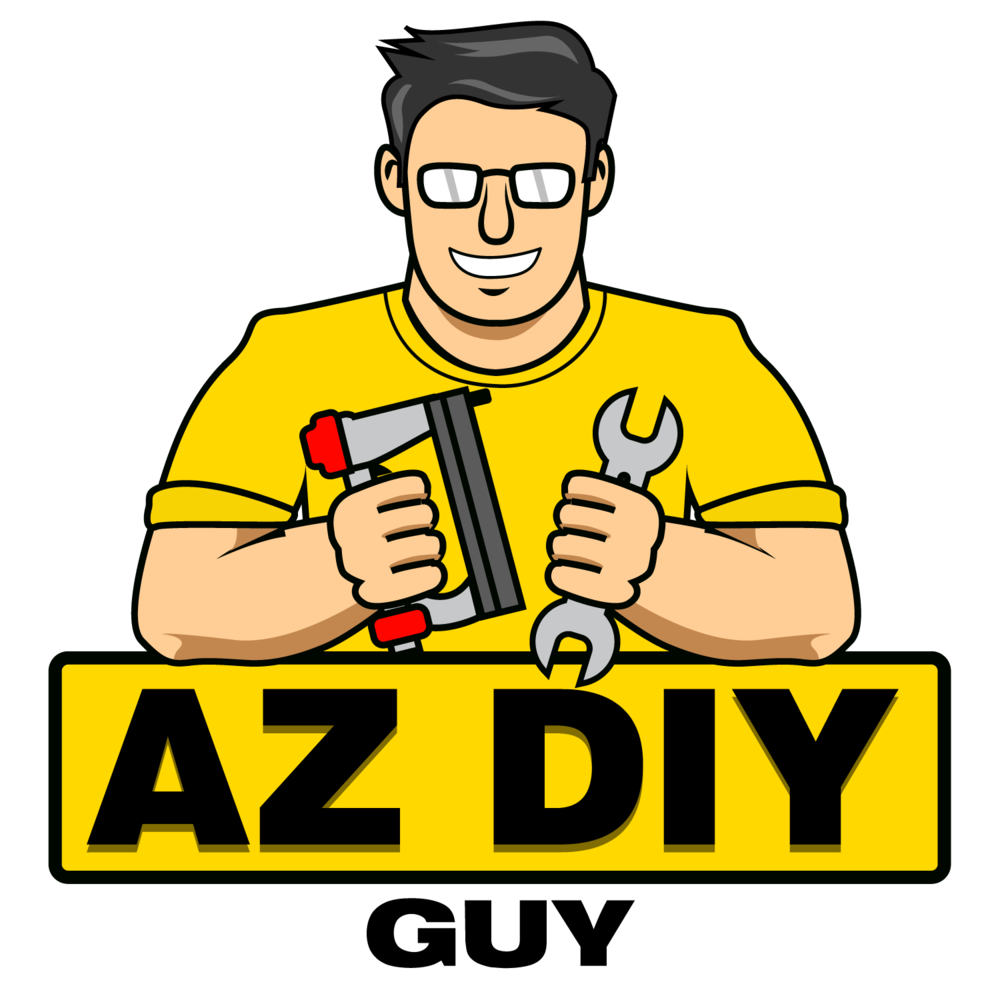
Serious Business
I've been able to procrastinate this repair project for an impressive amount of time. Somehow, I found myself with a window of opportunity to contemplate the jagged hole left behind from the water leak, unable to put it off any longer. Luckily, I had most of the material sitting in my archive of leftover material to fix it. It should be a simple task to replace the insulation I'd torn out, install new drywall, and replace the electrical outlet.
As an added treat for you, dear reader friends, I have arranged for some stereo-scopic images to dazzle your senses, giving you a better range of view as the project goes down. Not every blogger has the raw courage to photograph against a vanity mirror giving dual viewing angles to the die-hard DIY action. I'm just a bad ass that way, I suppose.
I pulled a piece of drywall from the archive that was bigger than the existing hole.
Remember, it's easier to cut the hole to fit the piece than it is to cut the piece to fit the hole. (the more you know)
I traced the outline in pencil.

Why yes, that is a #2 Ticonderoga. Good eye!
Rather than use a sheet-rock saw or power tool, I opted for a utility knife.
I needed to get the bathroom back in working order and wanted to contain the mess to the immediate area. Sweetie seems to have an allergy to drywall dust. A knife is a little crisper cut, but takes longer. For this size repair it was perfect.

After a few, careful , deep scoring cuts, without carving a bleeding trench in my arm, I was able to pop the pieces out, nice and clean.

It's really more of a mirrored-image stereoscopic view.
There isn't a lot of framing in this section of the wall. The studs are a couple feet apart. I didn't want to open up the wall too much to get the big patch from stud to stud, and create more repair area. I used a few pieces from my pallet wood collection to build cleats to hold the patch. (Blogger Pallet Project Alert!!!)

You don't have to run your pallet wood through a jointer and a planer like I did. It's just the little things that differentiate us real DIY bad boys. With half the board exposed, I screwed it in place through the exiting drywall.

Now we're screwed.
...and again on the side.

Screwed again.
I removed the receptacles, capped the wires and temporarily tucked them back in the wall for later retrieval. Never leave wiring permanently buried without an accessible box (Remember to read AZ DIY Guy's Scary Electrical Warning before messing with any wiring.)

The next step was to screw the patch in. Piece of cake, except in the tight space beside the vanity mirror. Aghhh...

No problem, once again the mighty DeWalt Right Angle Adapter Attachment came out to play. Honestly, I don't know how I managed for so long without one of these.

Luckily it was a right angle. What would I use for a left angle?
Sweet! The hole is closed. No more jagged hole full of exposed plumbing and electrical. No more heat seeping in from the un-insulated outside wall,... because... I... insulated...it... before.... uhhhhhhhhh .... CRAP!

The double face palm
So much for working the plan; so much for using my brain. I'd gotten in a good working rhythm and sealed the hole up completely, without replacing the wet insulation that I'd torn out after the leak. Heck, I didn't even buy any insulation yet. Time to head out to the hardware store. I should probably hit the Bad Dogs, hot dog stand to refuel. On second thought, forget the hot dog; a day like this calls for a bratwurst.
I removed the patch and brought in a roll of Pink Panther insulation (because they didn't have any Roadrunner and Coyote available) . If you follow me on Facebook, you probably saw the series of pint-sized photo-bomber pics . It's just what happens when you set down a camera remote trigger in the proximity of a mischievous second grader. Be ready to change batteries my friends, there will be thousands of photos taken.

"I'm ready for my close up Daddy!"
Tuck tuck tuck and it's re-insulated. It's a shame I had to buy a whole roll for just a 5 foot section. I guess I have more material for the archives.

Rinse and repeat. I screwed the patch back in place.

This post is running long, so I'm going to cut it off here. Next time, I'm going to re-install the cut-in electrical box and outlets. I want to have power back here ASAP for Sweetie's hair dryer and stuff. I'm going to break out the tape and drywall mud to get this thing sealed up good.
Am I the only one that pulls bone-head moves like sealing a wall up without re-insulating it?

